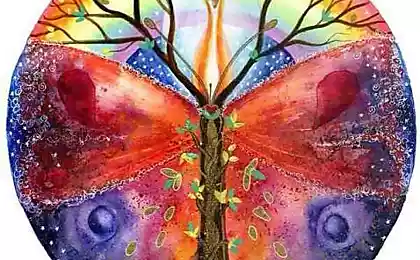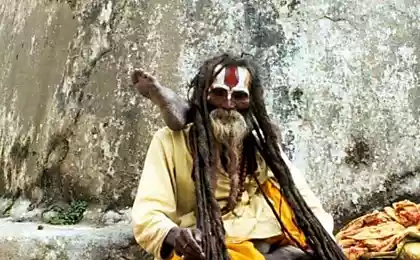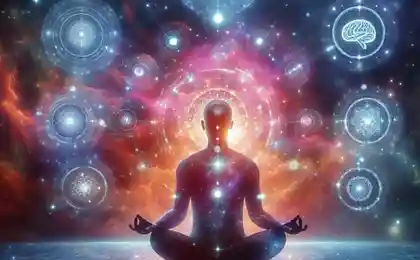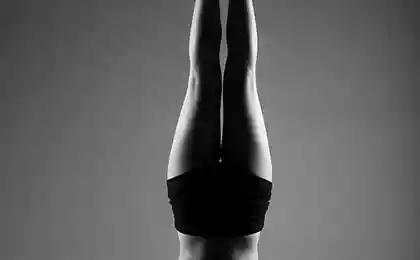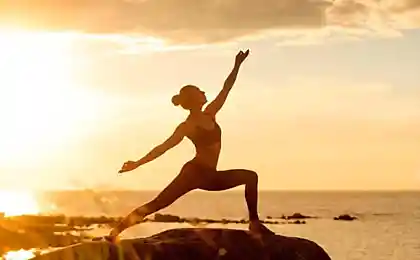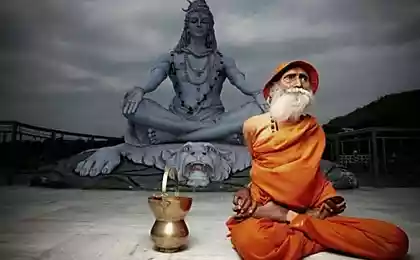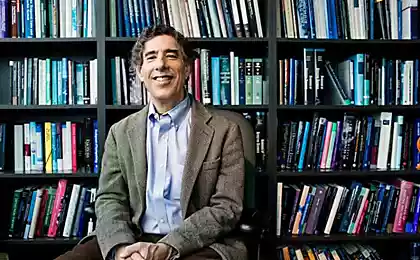487
Pratyahara — mindfulness of feelings
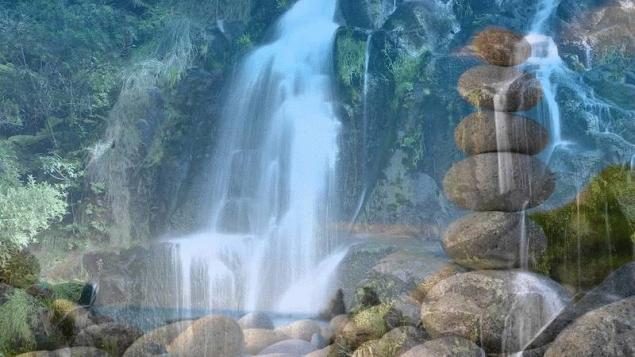
For a person not practicing the word "pratyahara" is not going to mean literally nothing, moreover, to learn more about its meaning, to an outsider, the reader will ask "why bother to live"?
But what is pratyahara and why should respectfully learn it who wants to attain enlightenment in this life?
First, Pratyahara is one of the eight stages of classical yoga (Yama-Niyama, asana, pranayama, pratyahara, Dharana, Dhyana and samohi). Second, "Pratyahara is preventing wandering of the senses for their objects by effort of the will".
Poetically referred to Pratyahara "Tirumandiram":
"Step by step practice distraction
And look inward;
One after another, you see a lot of good inside.
And Yes then you will be able to meet the Lord
Now down here.
One whom the ancient Veda still searches for
Everywhere."
Pilot Baba says about Pratyahara simply: "This mindfulness of feelings and surpassing over them. What is life and how is it going? Will we make her great or destroy ourselves, depends on us and our thoughts and actions. To realize this Himalayan yoga and students from different countries the practice of asanas, pranayama, reading of the Holy Scriptures.
Outside of India, and I don't say, traveling seminars around the world, most people in Europe are interested in asanas. In the Himalayas don't really like them, because I think that it is a simple waste of time. Here we are doing the Kriya and pranayama and practice Pratyahara.
Using pranayama, you can quickly be cleansed from the dirt, and if you don't become enlightened, then certainly to have a better life. If the perfection is within you, the outside naturally comes. So I always recommend to pay postures just a few minutes in order to warm up the body and then start practicing the Kriya, pratyahara, Dhyana. Practice of pratyahara – one of the most important practices of the Himalayan yogis".
In the book "the 7 chakras – the 7 steps to implement a" pilot Baba talks about Pratyahara as follows: "Pratyahara literally means "the distraction of the senses from external objects (the outside world) to the internal ("inward"). Pratyahara helps the internal concentration, which is the renunciation of the outside world.
Original properties of Pratyahara describe the Slavs, for example, Vladimir Antonov, in the book "human Ecology" says: "the Word "pratyahara" means "removing indriyas from material objects". Pratyahara is the stage at which an adept learns to control the “tentacles” of consciousness, called in Sanskrit “indriyas”. This opens up the possibility for the development of vision in subtle and the subtlest layers of multidimensional space, learns to leave them out of the material body, “to settle” them, accustoming himself to their subtlety, tenderness and purity. After all, what is “control over feelings” (as Europeans translate the term “pratyahara”)? For the layman the word “feeling” comes from “emotional,” i.e., “to cry”. In everyday language the word is also used in place of the words “sensation” (the feeling of cold, hunger, the great importance of what is happening, etc.) and “emotions” (anxiety, sense of joy). For a scientist the same person's “feelings” are functions of the senses — sight, smell, and so on. But this is not all the indriyas. Because indream and mind. It is also very essential that the image of "tentacles" evoked by the word indriyas, in itself, a deeper understanding of the mind and consciousness and management".
But the most amazing description about Pratyahara and clarity of mind, is given in the book "Shri SAI Satcharitra". SAI Baba of Shirdi, tells his student, who looked at a beautiful woman and he was afraid of this:
"You should never impede the natural inclinations of man. Because adherence to them is no trouble. Brahmadev who created this universe, and if we fail to appreciate his creation, you will find that all His ingenuity and mastery wasted. Gradually, over time, everything will fall into place. If you're standing in front of the door wide open, why break into the closed door? If the mind is pure, no difficulties are foreseen. If you're not besieged by bad thoughts, afraid of what?".
Next the book says about Pratyahara absolutely simple words: "because the mind is by nature unstable, you should not let it. Feelings can follow their objects, but the body must be controlled. We don't have to obey the feelings and experience the lust for sense objects. Constantly and gradually educating ourselves, we will cope with anxiety of mind. Feelings are not completely manageable, but at the same time we cannot allow them to zahlestnula us. We must curb them in a right and proper way, depending on the circumstances. Beauty is the object of vision, we need to calmly contemplate the surrounding beauty. There's nothing to fear or to be ashamed of. It is only to protect the mind from evil thoughts. With a pure mind contemplate the Lord's creations. Then it will be easy to control your feelings, and even enjoying the sense objects, you will remember God. If not to control the senses and allow the mind to aspire to their objects and getting attached to them, you will not get out of the cycle of birth and death.
Even the slightest desire for sense pleasures destroys the spiritual joy. Abstain from this desire; then you will achieve liberation. Refuse this desire and you descend the Vishnupad (or Shaktipat – a state of Union with God) is our true state of no return".
But as we, the people living in the passions and affections, get rid of our usual emotions and reactions to the reality around us? How do we withdraw from sensual pleasures, familiar to us and is a kind of doping? How can we not desire a particular object, especially as we possess senses from birth? But all these feelings lead to suffering...
Pilot Baba says simply: "the Most effective way to achieve Pratyahara (retraction inside the senses) through pranayama the mind stops to run there and here. So we are making a tangible step towards freedom, freeing your mind from anxiety senses. Then you can easily learn Dharana and Dhyana".
In addition, before starting to practice Pratyahara should really master the first four steps of yoga.
As they say: "mastering the rules of Yama and Niyama leads the mind to a harmonious natural state, not subject to suffering and passion. The mastery of asana is needed in order to painful sensations in the body does not distract the mind from concentration. Possession of pranayama not only leads to the management of the breath and subtle energies, but is preparatory to the development of Pratyahara. The fact that the observation of the breath leads to calming of the thinking and the heart. Calm heart helps to calm down the operation of the receptors of our senses (touch, smell, taste, hearing and vision). And this, in turn, leads to a diversion of the consciousness from the senses, which is necessary in Pratyahara. In other words, pranayama passively leads to the calming down of thinking that leads to "the disappearance of Shrouding the light of knowledge screens and a concentration of the thinking principle".
In General, work, and enlightenment itself is not forced to wait long!
published
Source: h-yoga.com.ua/?p=372
How to cross the river of time: 10 confident steps to the other side
Sunlight damages skin, even in the shade

